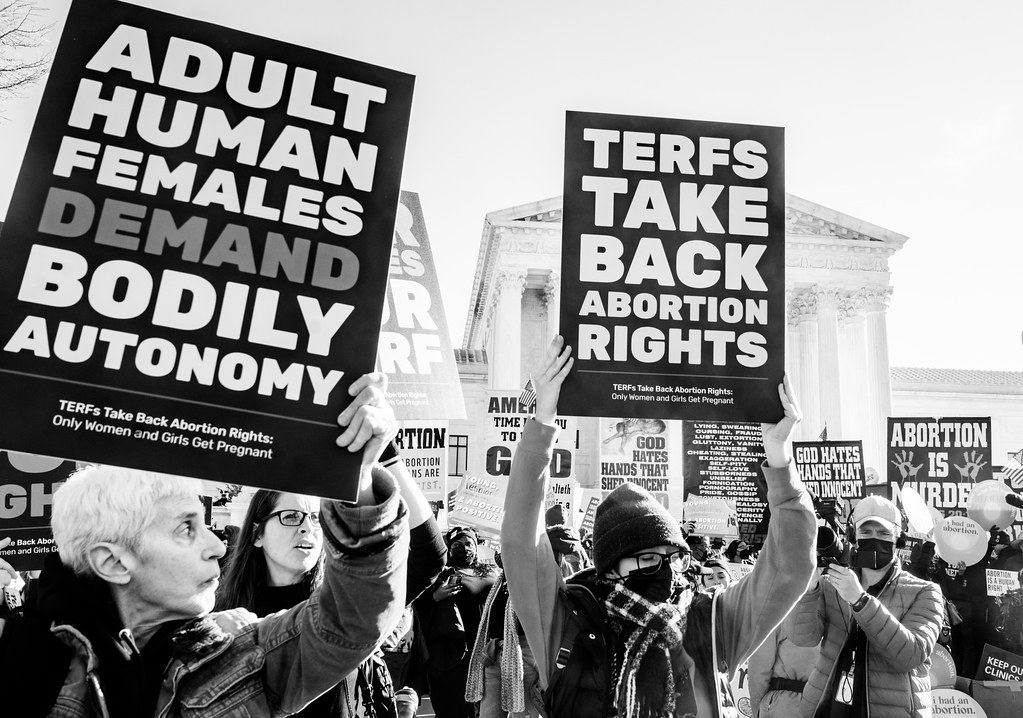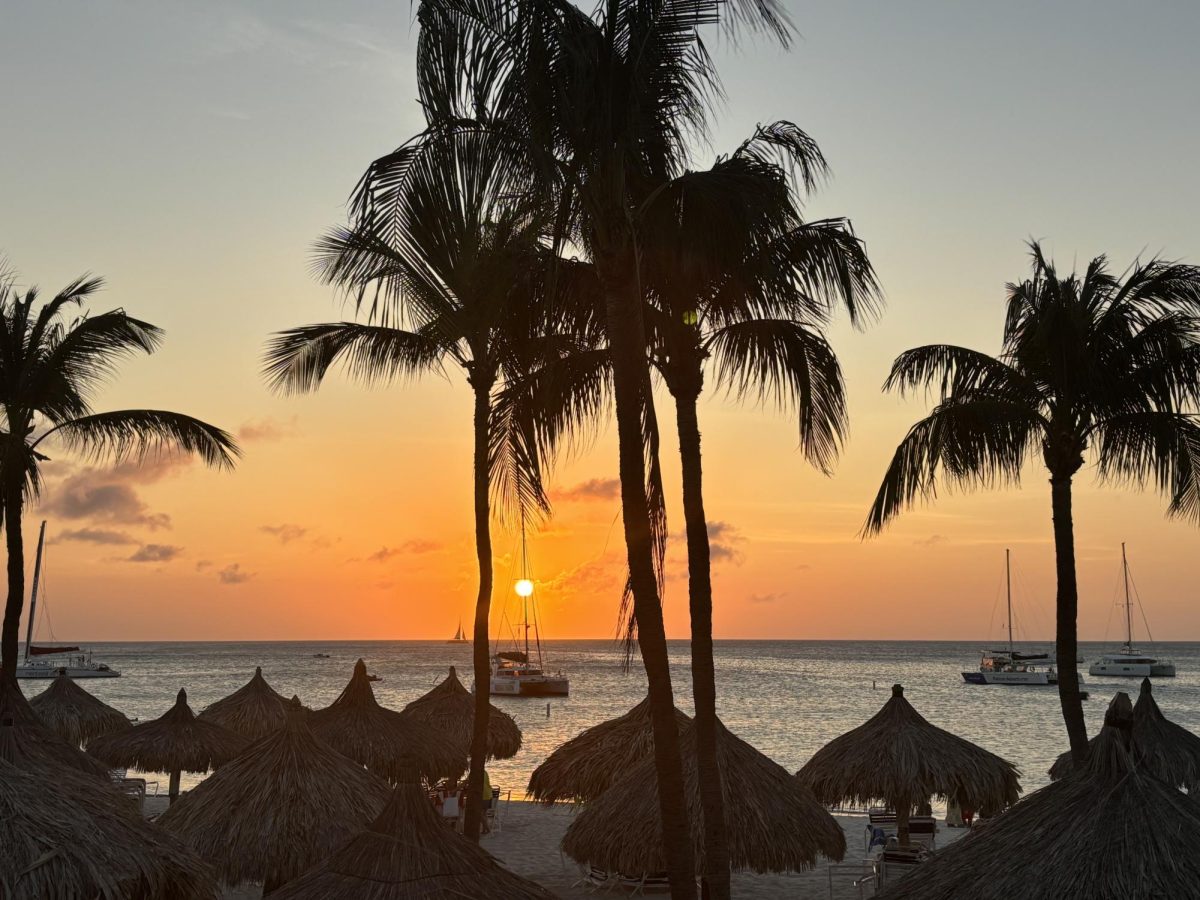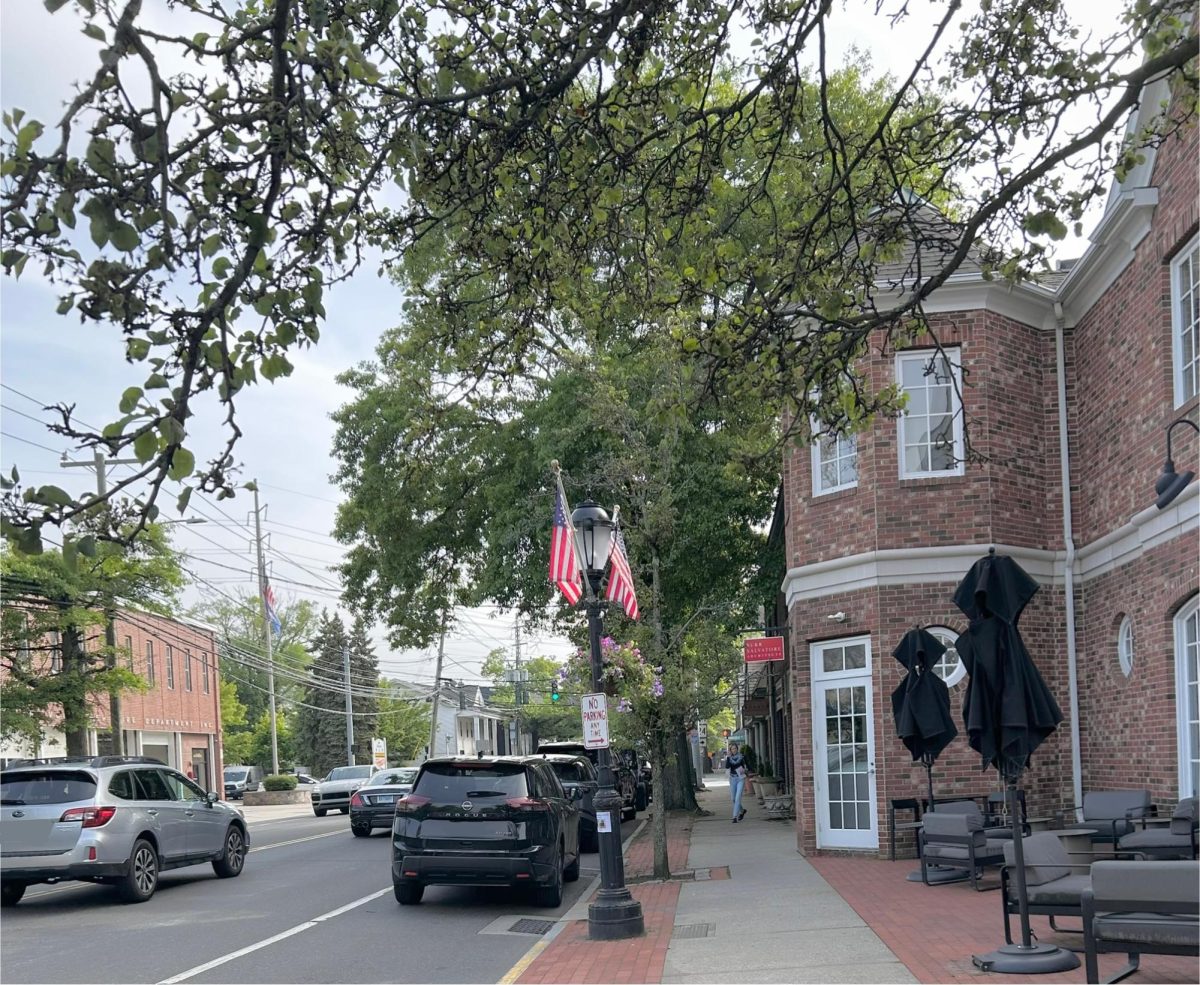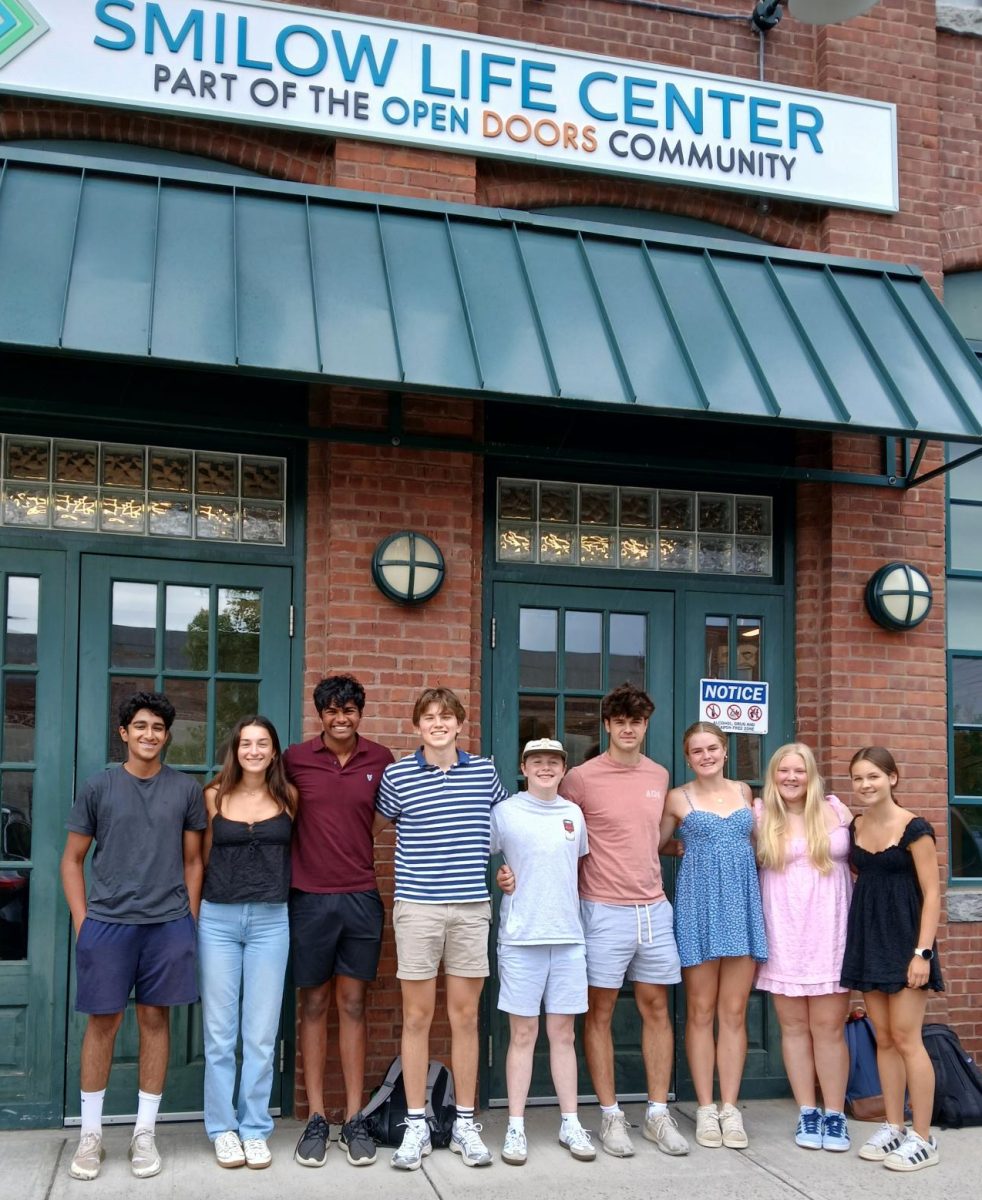Making College Decisions in a Post-Roe World
April 6, 2023
When I first began thinking about creating my college list, I considered the typical questions: Do I enjoy having a close-knit community or prefer a larger space? Will I be near the west coast or in the heart of New York City? There is an endless list of factors students consider when choosing a college. However, never did I predict that I would be considering the question: Is my right to bodily autonomy protected by law in that state?

Since the U.S. Supreme Court overturned Roe v. Wade in June — removing nearly 50 years of federal protections for abortions and giving states the right to make the procedure illegal within their jurisdictions — abortion access has become an increasingly influential consideration in students’ college decisions. Many states have passed near-total bans on abortion with very limited exceptions or banned the procedure early in pregnancy, according to Guttmacher Institute, a research and policy organization that supports abortion rights. As of January 9, 2023, 12 states are enforcing a near-total ban on abortion with very limited exceptions.
The idea that five people have the ability to take away women’s bodily autonomy without true regard for its implication has sparked fires under millions of women in the United States, making states that have limited abortion unappealing to students, even to those at DHS.
When talking to current Junior Emmeline Wang about her opinion on the matter, she specified that it did make a difference in her college list. “I am not sure I can spend such a large portion of my life in a state that doesn’t protect me. I don’t think I could ever live in those states now, even if they have an amazing school.”
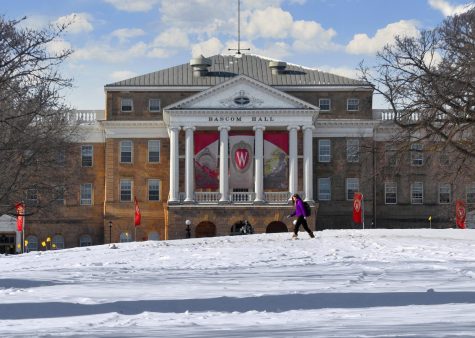
Some of the top colleges in the nation, such as the University of Wisconsin-Madison, Rice University and Vanderbilt University, are in states where abortion is banned or tightly limited. It disheartens Wang, myself, and other DHS students to see a reality where college students are struggling to obtain access to contraception on campus and are forced to create plans to leave their state to get the care that could potentially save their lives. Colleges ensuring the safety of students on campuses should be a priority, regardless of the select leaders’ positions on societal and health conflicts.
Yet, colleges have been quick to release statements after the reversal was announced. Many college presidents and deans expressed disdain toward the decision and urged community members to be respectful of differing opinions.
The “Supreme Court ruling on the right to an abortion will affect many on our campus and beyond. I strongly support access to abortion services, and I will do everything in my power as president to ensure we continue to provide this critically important care,” Mary Sue Coleman, president of the University of Michigan, wrote in a statement. “I am deeply concerned about how prohibiting abortion would affect U-M’s medical teaching, our research, and our service to communities in need.”
However, for many students, the college choice is driven by financials – in-state tuition at a public university can be tens of thousands of dollars less than an out-of-state school. They may not be able to take location into account, even if they want to.
While the recent political shifts in the nation will certainly have an equal effect on our colleges, DHS and other high schools will undoubtedly work to be prepared to answer young student’s questions about what the rapidly changing world around them means to their unique college journey and to their own set of priorities and goals, which will be, above all, continued to be respected, supported and nurtured.

